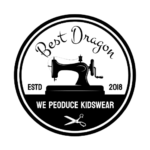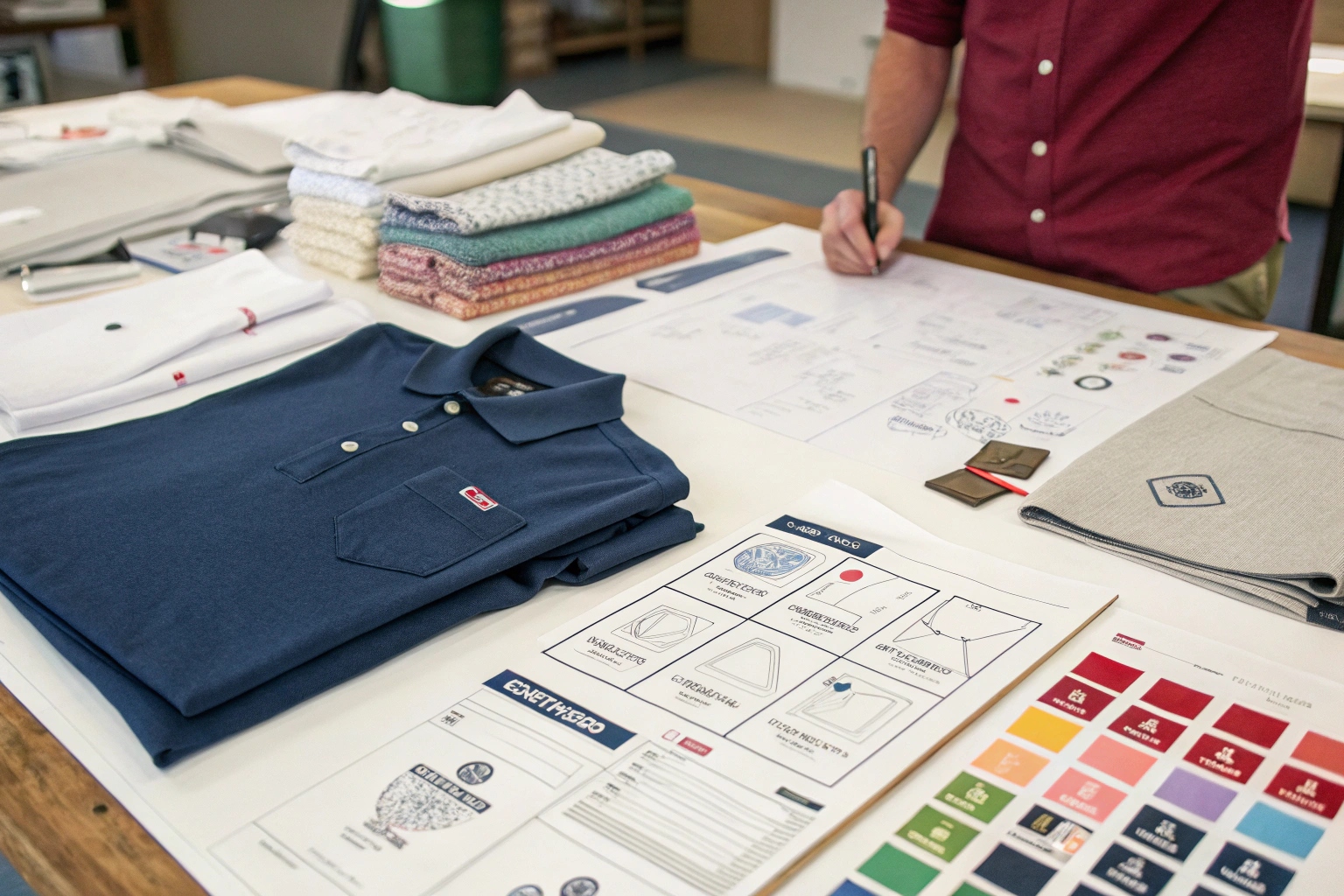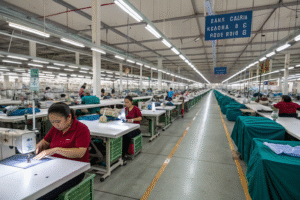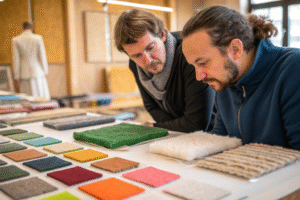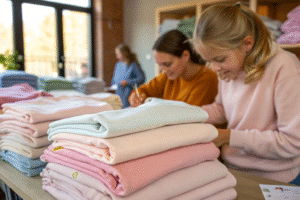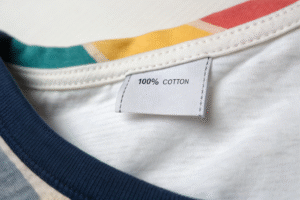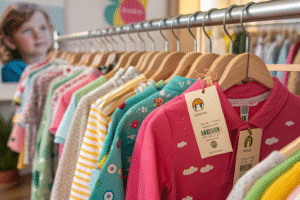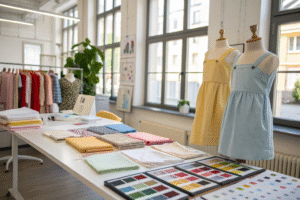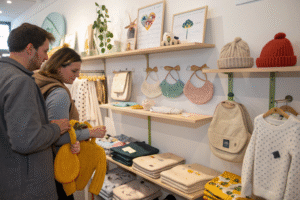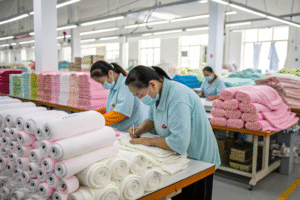Looking to launch your own shirt brand? Whether it’s casual tees, dress shirts, or polos, the right manufacturer can make or break your label.
The best private label shirt manufacturers offer flexible MOQs, full branding support, custom designs, and consistent quality across styles and fabrics.
Let’s explore which countries lead in shirt manufacturing, how to find the right partner, and what top brands actually do behind the scenes.
Which countries lead in private label shirts?
When it comes to shirt production, location impacts everything—from cost to lead time to fabric availability.
China, Bangladesh, India, Turkey, and Vietnam are the leading countries for private label shirt manufacturing, offering strong infrastructure, competitive pricing, and scalable capacity.
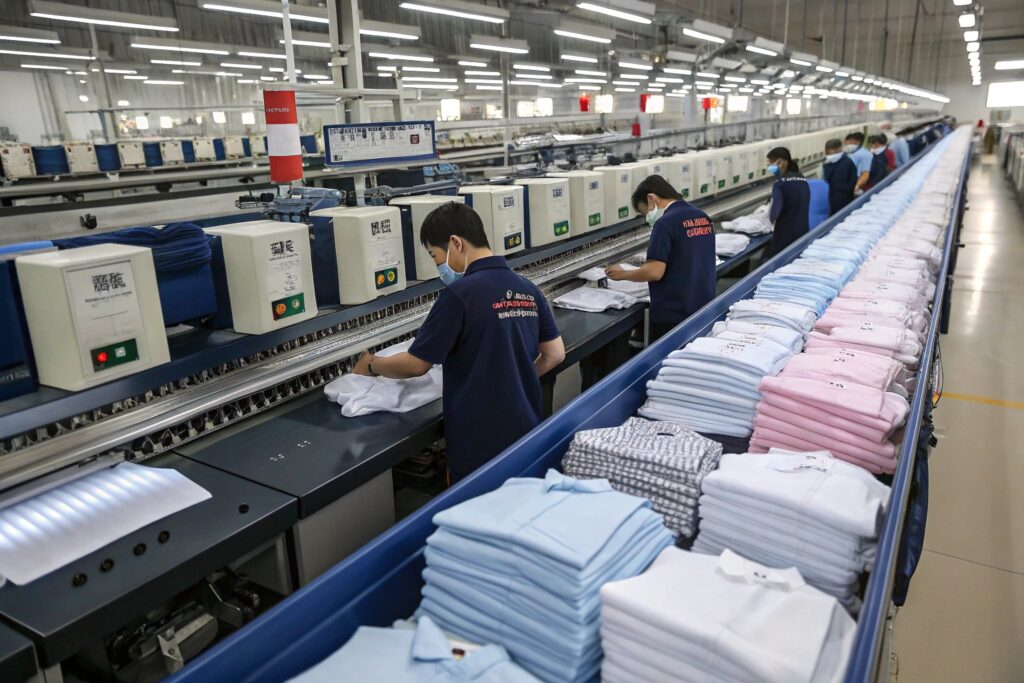
Why do these countries dominate?
Each region offers different advantages based on market tier and sourcing needs:
| Country | Strengths | Best For |
|---|---|---|
| China | Wide material selection, strong OEM/ODM ecosystem | Startups, mid-range private labels |
| Bangladesh | Low cost, high-volume production | Mass-market shirt lines |
| India | Natural fabrics, embroidery, small batch friendly | Boutique or artisanal brands |
| Turkey | Fast EU shipping, high-tech prints | European private labels |
| Vietnam | Stable quality, better compliance | Brands prioritizing social audits |
For clients targeting U.S. and European buyers, I often recommend a mix: China or India for flexibility and development, Turkey or Vietnam for nearshoring or logistics reliability.
How to find custom shirt manufacturers online?
Finding reliable shirt factories isn’t about Googling “cheap shirts”—it’s about finding partners who understand private label needs.
To find custom shirt manufacturers online, use long-tail search keywords, browse B2B marketplaces, attend virtual trade shows, and vet suppliers through samples and reviews.
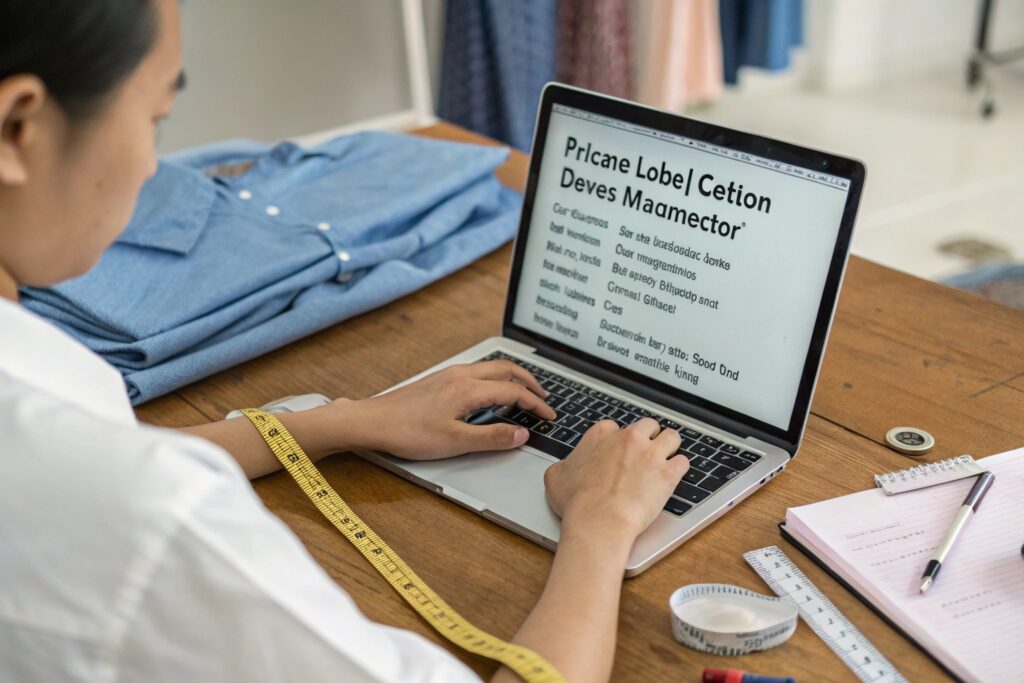
What search strategies actually work?
Here are search tips that connect you with real manufacturers:
-
Use specific terms:
-
Explore trusted directories:
- Alibaba, Global Sources, Faire, IndiaMART
- Filter by certifications, MOQ, and supplier age
-
Look for direct factory websites like Fumao that list:
- MOQ per style
- Lead time
- Customization options
- Branding services
-
Use supplier discovery platforms:
- Tridge, ImportYeti, Kompass
Here’s a basic vetting checklist:
| Step | What to Ask or Check |
|---|---|
| Company Details | Years in business, export markets |
| Samples | Stitching, fit, fabric consistency |
| Customization Services | Neck labels, prints, packaging |
| Communication Response | 24–48 hour replies |
| Lead Times | Sample: 7–10 days / Bulk: 15–30 days |
Fumao helps new brands get started with sample sets and customized packages—even when their first order is under 500 pieces.
Do top brands use OEM shirt factories?
Many people assume top brands have in-house production—but the truth is different.
Yes, most top shirt brands use OEM factories to produce their designs, maintaining control over branding and retail while outsourcing manufacturing.
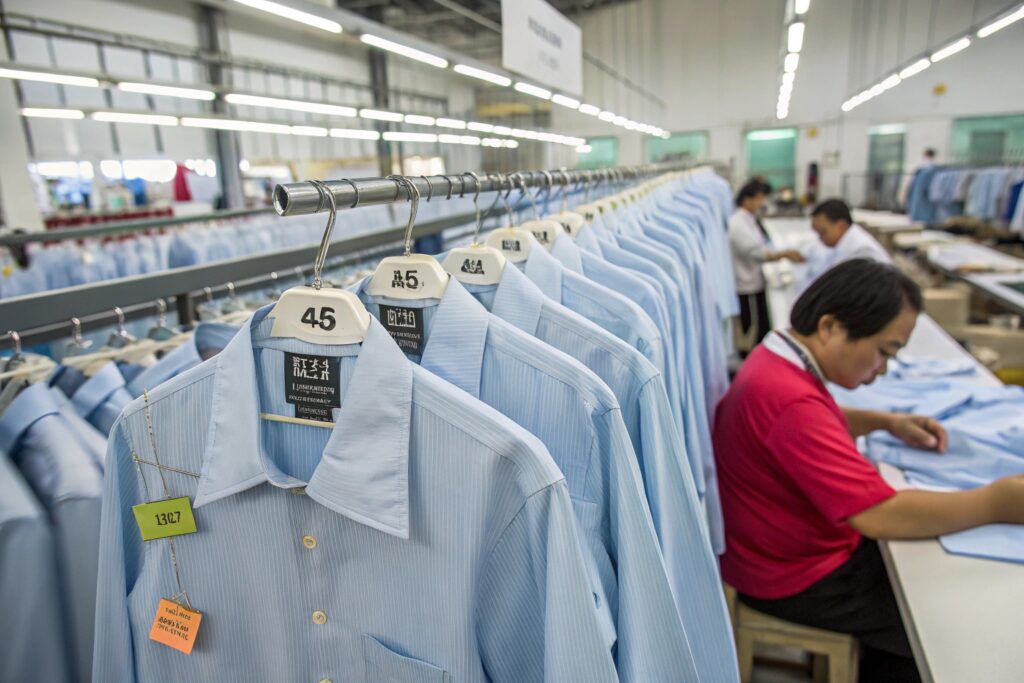
Why do top brands outsource shirt production?
Because managing your own factory comes with:
- High setup costs
- Labor compliance risk
- Equipment investment
- Limited fabric variety
- Slower product turnaround
Instead, brands focus on:
- Design and marketing
- Sizing and quality specifications
- Retail expansion
- Inventory management
Here’s how it works:
| Brand Type | What They Do Internally | What They Outsource |
|---|---|---|
| Fashion Labels | Trend design, marketing | Production, sampling |
| Online Brands | E-commerce, content, logistics | Cutting, sewing, labeling |
| Chain Stores | SKU planning, store rollout | Full garment production |
Examples include:
- Uniqlo – Sources from Vietnam, Bangladesh, China
- H&M – Uses 700+ OEM suppliers globally
- Zara – Hybrid: owns some, outsources most
- Amazon Basics – Fully OEM based, brand-controlled
The takeaway? You don’t need your own factory to have a successful shirt brand—you need a reliable OEM partner that understands your product.
What MOQ suits private label shirt orders?
The wrong MOQ can stall your launch or hurt your margins. Choose one that balances testing and scale.
For private label shirt orders, a reasonable MOQ ranges from 100 to 500 pieces per style, depending on fabric, customization, and supplier region.
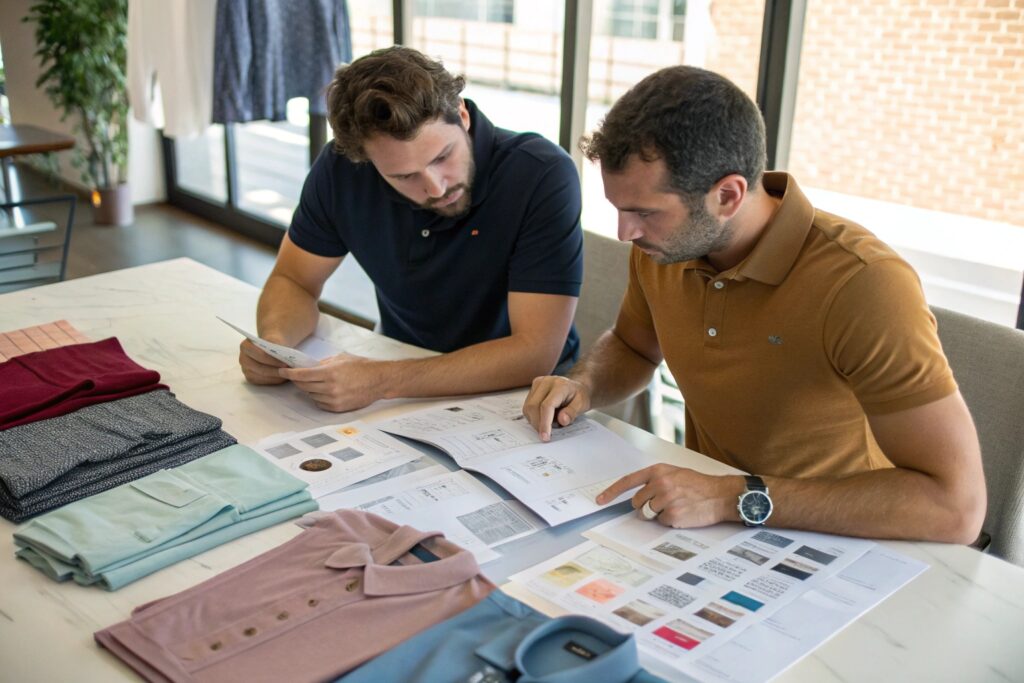
Why do MOQs vary so much?
MOQ depends on:
- Fabric dyeing (custom vs in-stock)
- Print technique (screen, DTG, embroidery)
- Sizing breakdowns
- Packaging requirements
- Factory capacity and workflow
Here’s a general guide:
| Supplier Type | MOQ per Style | Notes |
|---|---|---|
| China OEM (like Fumao) | 100–300 pcs | Good for test runs, brand launch |
| Bangladesh Factory | 1000+ pcs | Best for volume, fewer styles |
| India Boutique Unit | 50–200 pcs | Ideal for linen, embroidered sets |
| Turkey Premium Unit | 300–500 pcs | Balanced for EU brands |
How to lower your MOQ?
- Use in-stock fabrics
- Stick to one colorway per style
- Avoid complex printing
- Share components (buttons, tags) across styles
- Use existing patterns from supplier libraries
At Fumao, we offer low MOQs with options like screen print, embroidery, and custom hangtags. For new clients, our MOQ starts at 100 pieces per style, with mixed sizes and full-labeling service.
Conclusion
Private label shirt brands succeed when they combine vision with the right supplier. Whether you’re scaling or just starting, choosing an OEM partner with experience, flexibility, and transparent service is the fastest path to market.
